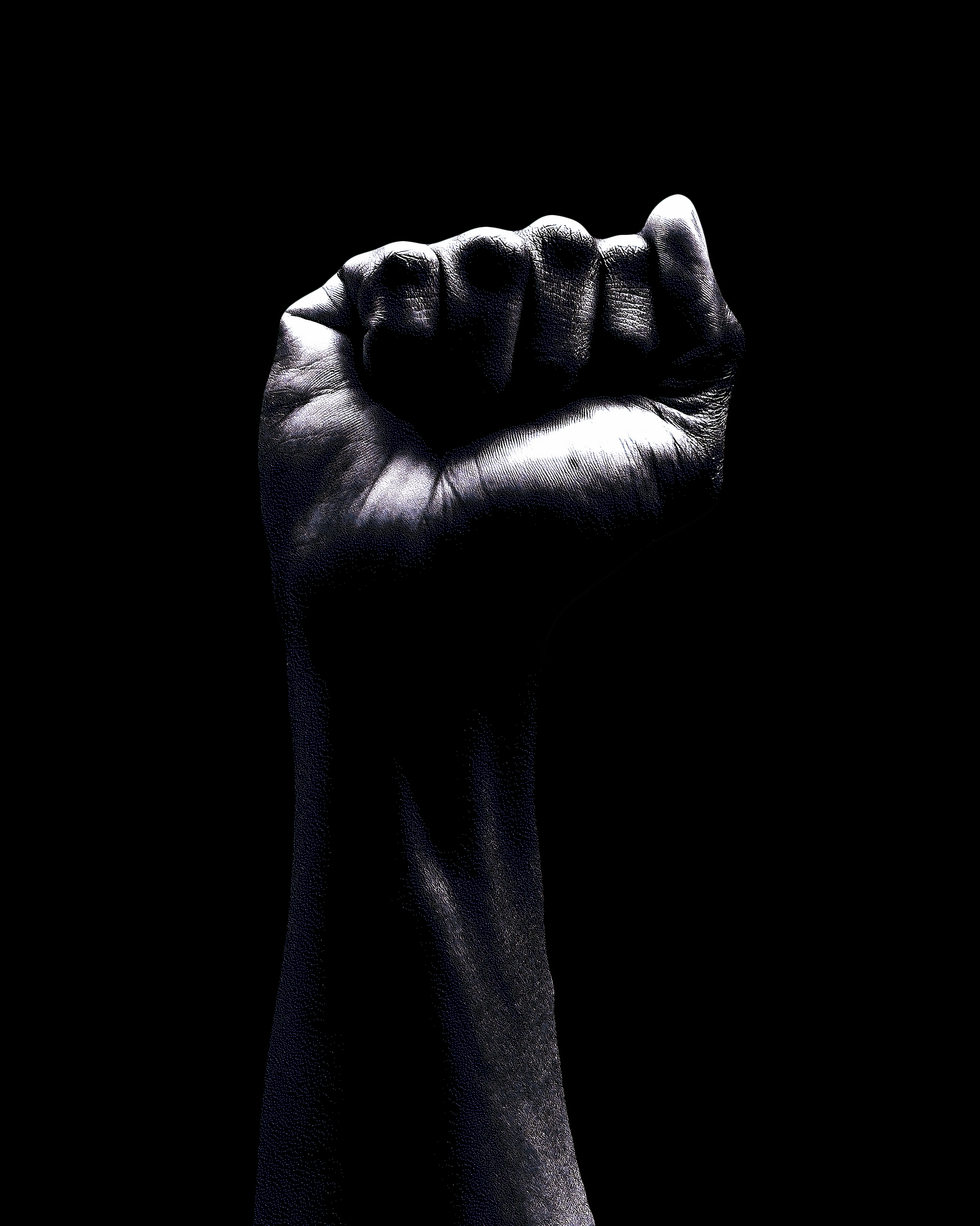No…not really. Maybe a little bit. There is a history of colonialism. The Portuguese were one of the biggest slave traders in the world (move over you Dutch and British slave traders). But is Portugal racist now? I would say…a touch, but it’s different than countries like the US or Italy. Most people in Portugal are not racist, older people can hold on to stereotypes, but the nicest thing about Portugal is that even this is not malicious. It is rare to run into someone who is truly racist. Let’s see why.
Is Portugal Racist and How Does it Compare to Other Countries?
Here is a very non-scientific chart I put together on the racism I have felt in various countries that I have traveled to:
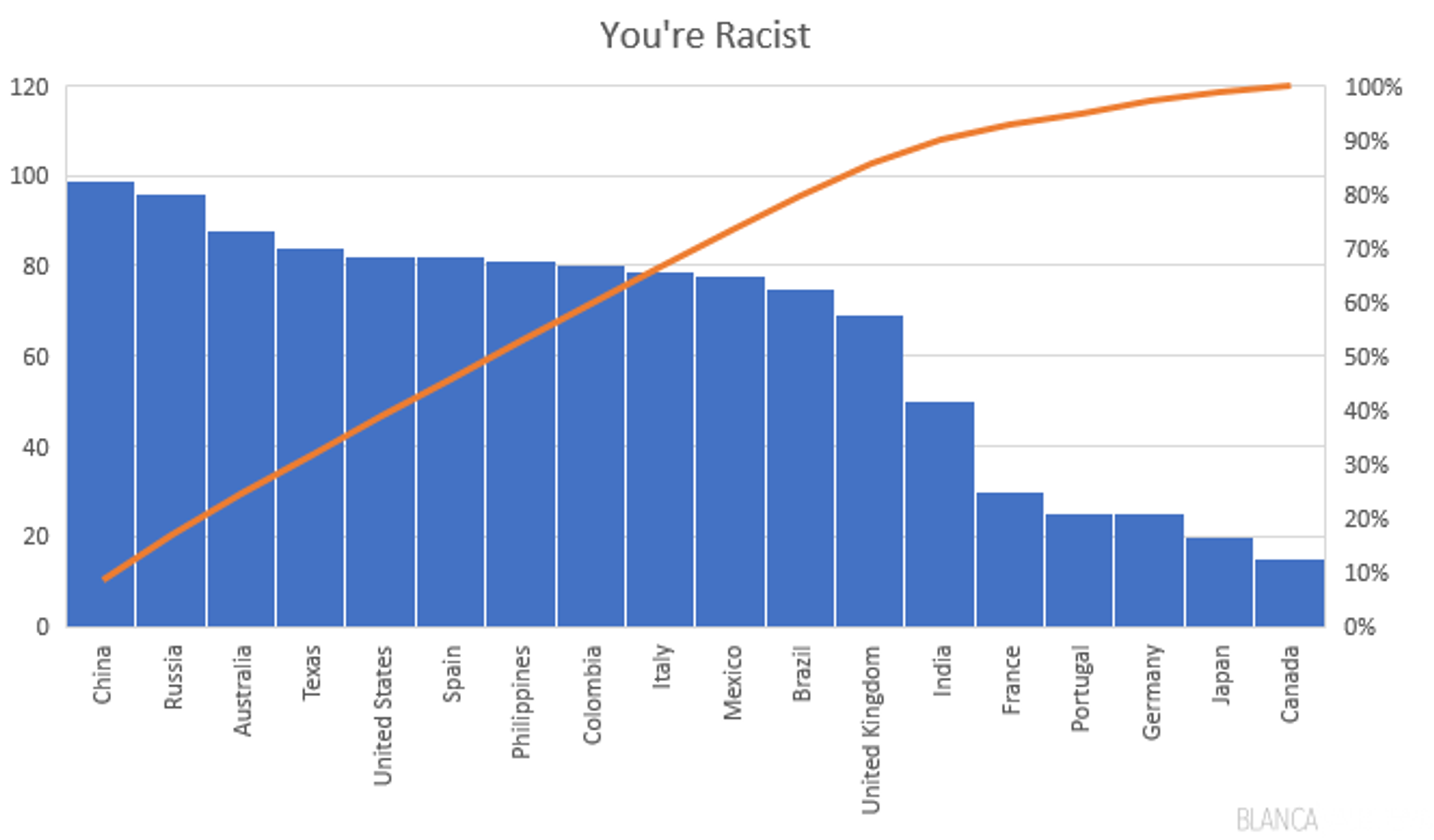
Bing also has a cool feature to see a heat map for racism in different countries:
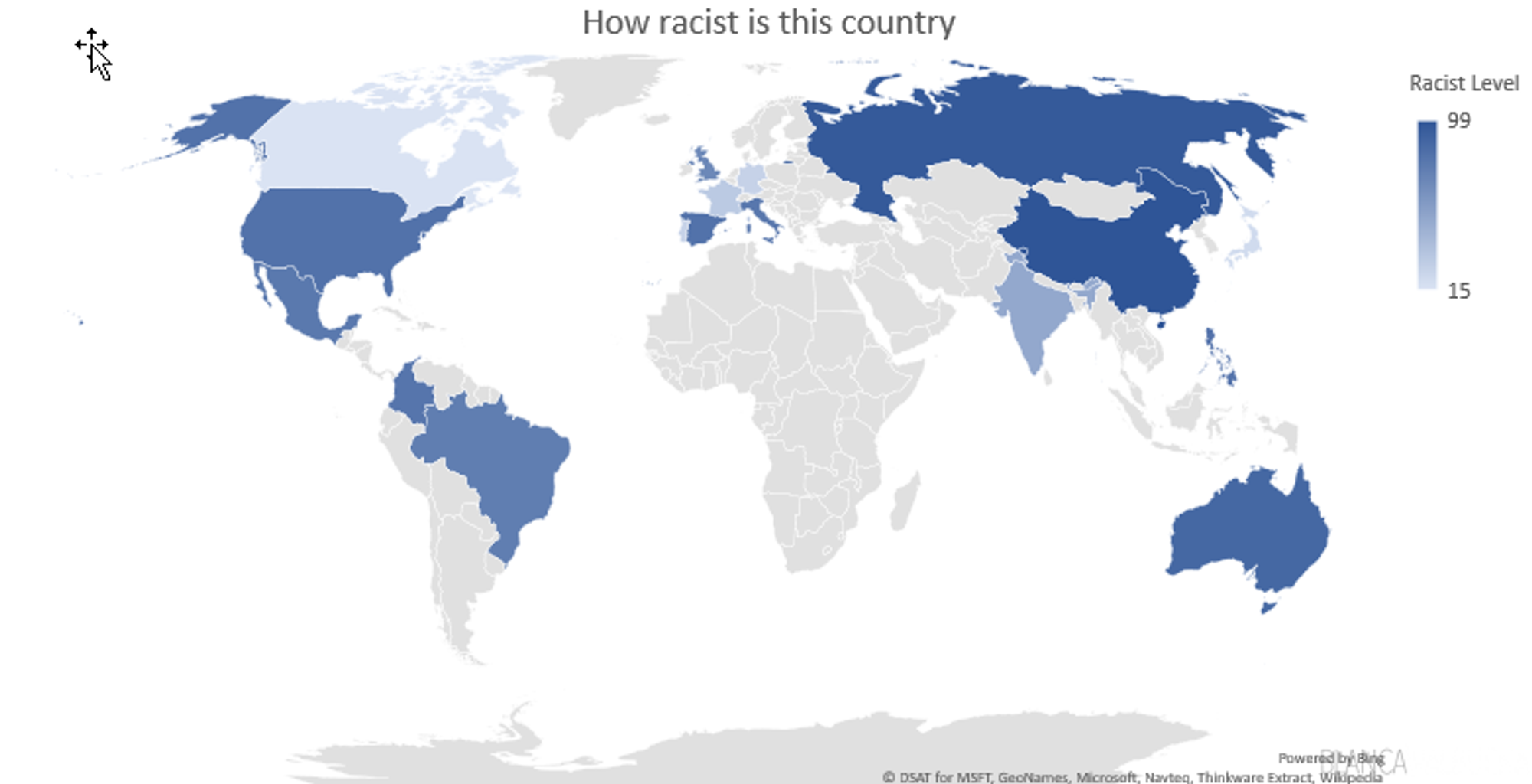
Here are the minorities on TV:
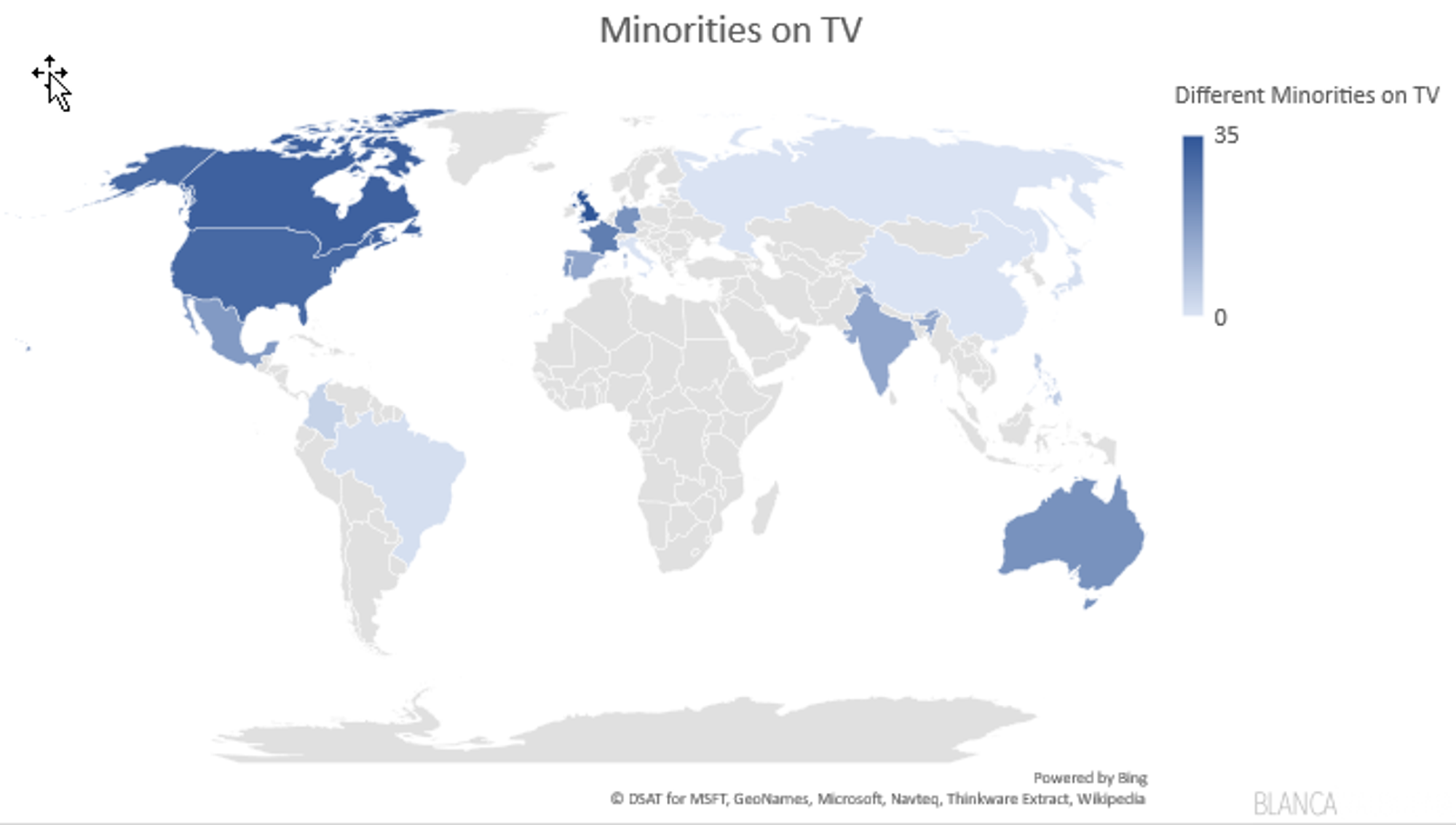
Notice a trend? The countries that are most racist have almost no minorities on their screens. It like there is no diversity in China, in Russia, Colombia, and Brazil. But we have outliers like the USA (that’s where I am from). There are plenty of minorities on television, but it is quite a racist place (especially in the middle of the country). Portugal is quite different. I had a friend here tell me that “God created black people, God created white people, and the Portuguese created mulattos”. This is where we’ll start to set the scene.
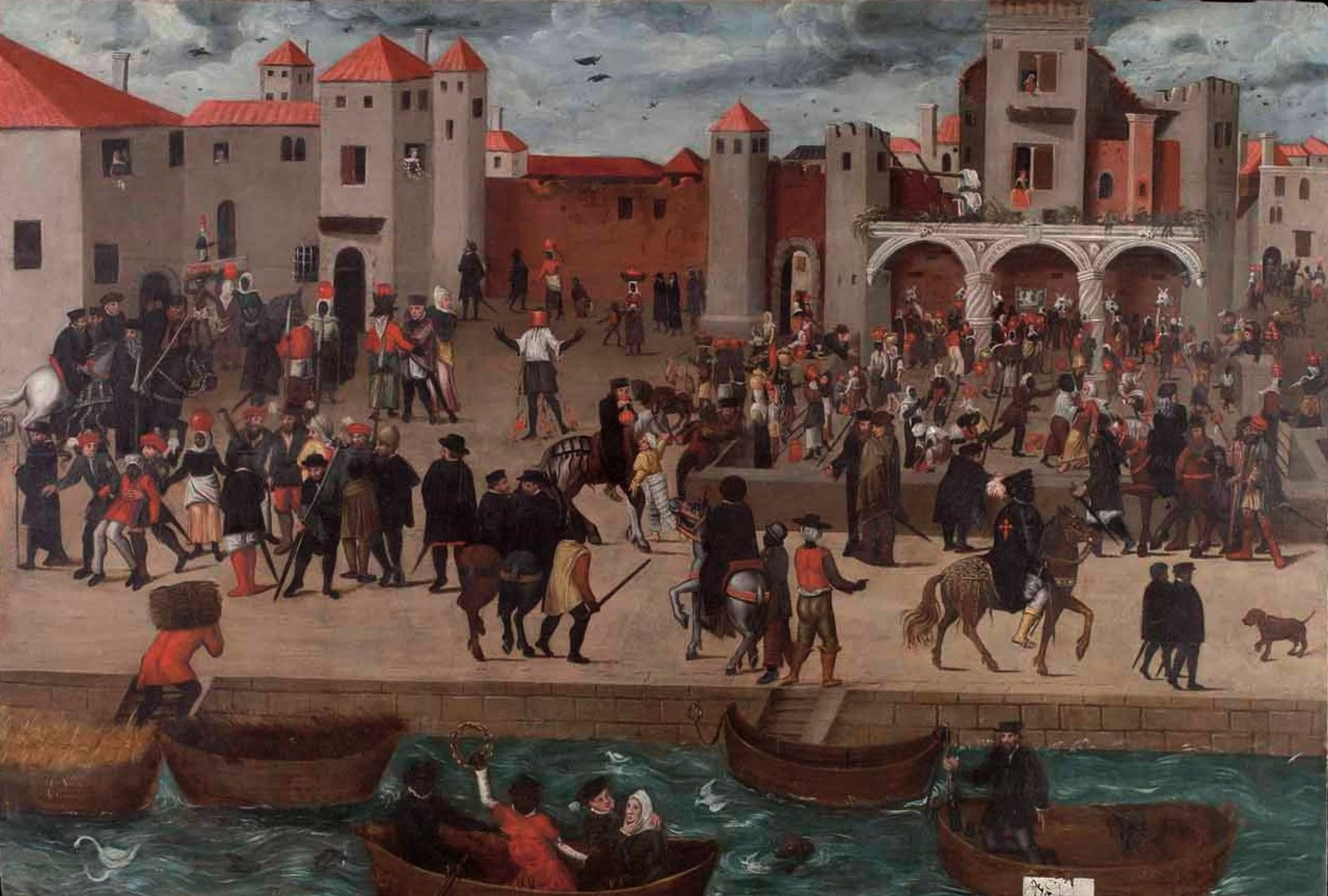
Racism and Society
The topic of race and racism in Portugal is a complex and multi-faceted one. This complexity is largely due to the nation's rich and sometimes tumultuous history. In the past, Portugal was responsible for the historical persecution of Muslims and Jews, an unfortunate reality that has left indelible marks on the country's collective memory. Additionally, Portugal played a significant role in the early stages of the global slave trade, an undeniable dark chapter in its history that cannot and should not be erased or ignored. These historical events have undoubtedly shaped the country's approach to race and racism, and continue to influence societal attitudes even today. However, it's also important to highlight the progress that has been made in contemporary Portugal. The nation has made significant strides towards promoting inclusivity and combating racism, with a plethora of organizations working tirelessly to support victims of racial discrimination. These organizations are dedicated to promoting social integration and challenging systemic racism, particularly in urban centers, where racial tensions can often be heightened. As a result, contemporary Portugal is a country that is actively striving to confront its historical errors and build a more inclusive and equitable future.
Portugal's Demographics and Immigration
In recent years, Portugal has seen a diverse influx of immigrants, enriching its cultural tapestry. From former Portuguese colonies in Africa such as Cape Verde and Angola to European migrants from Eastern Europe in the 90s, and a significant Brazilian and Chinese presence in the 2000s, Portugal's demographic landscape is changing. The recent years have also seen an increase in immigration from Western European countries like France, the UK, and Germany, alongside a small but notable number of expats from the USA. Despite this diversity, the vast majority of Portugal's population remains Portuguese-born, maintaining a relatively homogenous demographic fabric at 94%.
Media Representation and Public Perception
Portugal diverges from the global trend where countries with scant minority representation in media tend to have higher racial tensions. Portuguese media and public life exhibit a degree of racial and ethnic diversity, although challenges remain, especially in equal representation and combating stereotypes.
What is Racism Like in Portugal
Younger Portuguese are pretty open to everyone, especially in larger cities like Lisboa, Porto, and Coimbra. The older community still holds stereotypes about outsider communities such as blacks or ciganos (gypsies). They will hold assumptions that crime, poverty and lower education are higher within these demographic groups. For my own experience I haven’t had anything close to the racism you would see in US or China. Yes I have had a security guard in El Corte Ingles go out of his way to follow me through the store. But after he saw me a few times he would just say “ola” and nod. Yes I have been mistaken for someone else because of the color of my skin (they honestly thought I was someone else who really didn’t look anything like me except he was brown skinned). Anyway, all in a all I would happily say Portugal is not that racist. Lucky me.

Political Landscape and the Rise of CHEGA
The political ascent of the CHEGA party, capturing 20% of the parliamentary seats, signals a pivotal moment in Portugal's political discourse, particularly around issues of immigration and race. CHEGA's focus on criminality, support for police forces, and critique of public expenditure has ignited debates on social integration and racial discrimination. This development, juxtaposed against a backdrop of increasingly vocal online communities, raises concerns about the potential for a shift towards more restrictive immigration policies and a resurgence of racial prejudice.
While Portugal, like any society, grapples with its historical legacies and contemporary challenges, the overall landscape is one of gradual progress towards inclusivity and understanding. The rise of political entities like CHEGA and the discourse in online platforms underscore the ongoing dialogue about race, nationality, and identity in Portugal. Observing these developments, one can hope that the enduring spirit of tolerance and community that characterizes much of Portuguese society will guide its future path, fostering an environment where diversity is celebrated, and discrimination is systematically dismantled.
As of 2024, the narrative of racism in Portugal continues to evolve, marked by efforts to reconcile with its past while navigating the complexities of a diverse and changing society. The country's journey towards inclusivity and equality is ongoing, reflective of the broader global struggle to overcome prejudice and build communities based on mutual respect and understanding.

